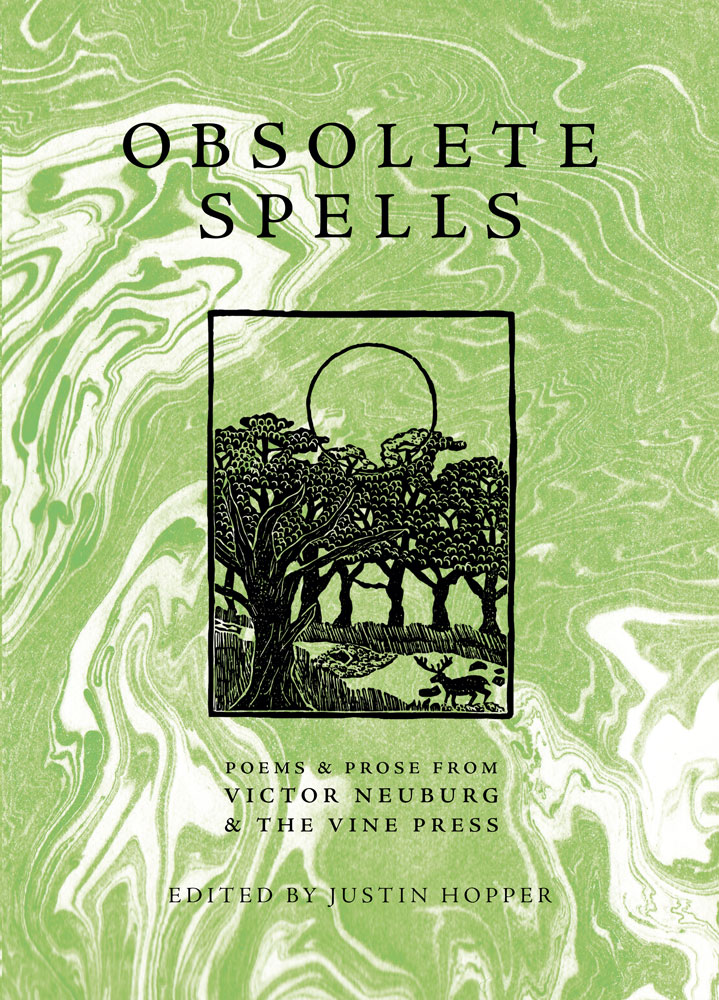It’s been quite some time since I last roamed Fleet Street, but many of my old colleagues are still entrenched in the world of journalism.
They seem to be caught in a relentless cycle of sensationalism, particularly when it comes to the Duke and Duchess of Sussex.
Why do they persist?
It’s simple: the tabloids thrive on controversy, and Harry and Meghan make for perfect targets.
The tabloids are raking in profits by peddling hatred, and their relentless coverage raises a vital question: why do we allow this?
Despite my detachment from traditional media, I find myself pondering the motivations behind such intense scrutiny.
What do these reporters really know about the Sussexes’ lives?
Are they privy to private conversations or personal insights?
It seems unlikely.
Most of what the public consumes comes from journalists who rely heavily on palace insiders.
These sources, whether credible or not, shape the narrative that fuels public perception.
The Sussexes have chosen a different path, one where they refuse to feed into the tabloids’ demands.
They’ve opted for privacy, especially regarding their children.
This defiance has drawn the ire of the press, which feels entitled to invade their lives.
The media’s reaction is telling; they lash out at anyone who dares to stand up against their narrative.
Particularly, Meghan, with her diverse background, becomes a focal point for their disdain.
The media’s portrayal of Harry and Meghan is steeped in manipulation.
The narrative often paints them as selfish and ungrateful, but where does this information originate?
It all circles back to the same newspapers they’ve chosen to resist.
James O’Brien, a prominent commentator, articulates this dynamic well.
He highlights how the UK media is intent on brainwashing the public into despising the couple, all in the name of profit.
As the Sussexes have settled into their new life in the U.S., focusing on various charitable endeavors, the British tabloids continue to obsess over them.
Despite having distanced themselves from royal duties and not commenting on family matters for years, they remain front-page news.
It’s perplexing that the media can’t seem to let go, especially when their actions contradict the narrative of irrelevance they try to push.
Take, for example, a recent article from the New York Post that claimed Meghan was making a statement about her marriage.
The headline suggested impending separation, but a closer look revealed it was merely about her hosting an event for Afghan women.
This kind of sensationalism is rampant, and it’s clear that the media is willing to twist facts to create clickbait.
The obsession with the Sussexes is baffling.
If they were truly as insignificant as some claim, why does the media dedicate so much space to their stories?
The truth is, the tabloids need them.
Their willingness to challenge the status quo has turned them into scapegoats, and the media is determined to punish them for it.
Harry’s recent legal battles against the Murdoch press only heighten the stakes.
He’s not backing down, and this defiance has infuriated the tabloids.
They’re accustomed to royal figures complying with their whims, and the Sussexes’ refusal to play along disrupts their long-standing power dynamics.
Moreover, the Sussexes maintain a level of privacy that the media finds intolerable.
They don’t share every detail of their lives, which only fuels the tabloids’ frustration.
The Invisible Contract, a term used to describe the unspoken agreement between royals and the press, appears to be crumbling for the Sussexes, leading to increased hostility from the media.
The recent headlines are a case study in manipulation.
They aim to convince readers that Harry and Meghan are on the verge of collapse while simultaneously drawing attention to their every move.
The irony is palpable; the more the media claims to want the couple to fade into obscurity, the more they amplify their presence.
As the Sussexes strive to tell their own story through various platforms, including documentaries and books, the media continues to undermine their narrative.
It’s disheartening to see how some people cling to the negative portrayals perpetuated by tabloids.
Many seem oblivious to the fact that they are consuming a skewed version of reality.
Ultimately, belief is subjective.
Some will choose to trust the tabloids, while others will resonate with the Sussexes’ perspective.
It’s a reflection of personal choice and interpretation.
Regardless of where one stands, the ongoing saga of Harry and Meghan illustrates the complex relationship between celebrity, media, and public perception.

